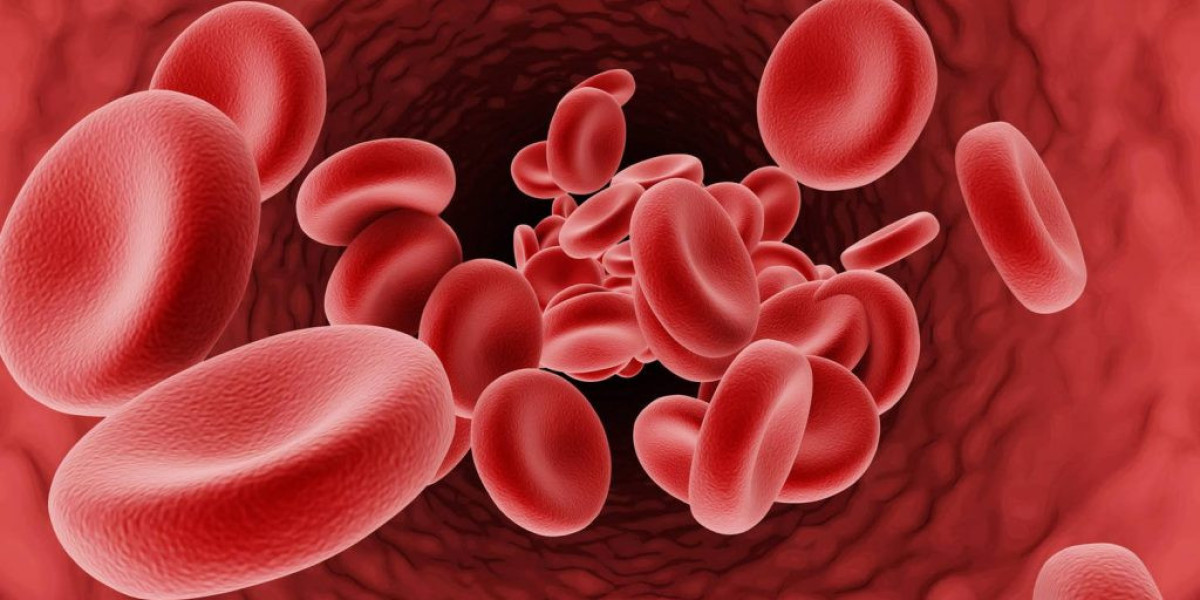Introduction to High Cholesterolemia
High cholesterolemia Dubai is a growing health concern, particularly due to modern lifestyle factors such as sedentary habits, high-fat diets, and stress. High cholesterol occurs when excess cholesterol builds up in the bloodstream, leading to narrowing and blockage of arteries. If left unmanaged, it increases the risk of cardiovascular diseases, stroke, and other chronic conditions. Understanding its long-term effects is crucial for prevention and better health outcomes.
What is High Cholesterolemia?
Cholesterol is a fatty substance essential for hormone production and cell function. However, an imbalance can lead to:
- Elevated LDL (bad cholesterol)
- Reduced HDL (good cholesterol)
- Excess triglycerides
When these levels are high, plaque begins to form in the arteries, affecting circulation and overall heart health.
Causes of High Cholesterolemia in Dubai
Several factors contribute to High cholesterolemia Dubai, including:
- Poor dietary habits rich in trans fats and processed foods
- Lack of regular physical activity
- Obesity and metabolic syndrome
- Genetic predisposition (familial hypercholesterolemia)
- Smoking and alcohol consumption
Urban lifestyles in Dubai often combine several of these risk factors, making awareness and prevention especially important.
Long-Term Health Effects
If untreated, High cholesterolemia Dubai can result in:
- Atherosclerosis: Hardening and narrowing of arteries
- Heart attack: Caused by blocked coronary arteries
- Stroke: Reduced blood flow to the brain
- Peripheral artery disease: Reduced circulation to limbs
- Organ damage: Due to restricted oxygen supply
The long-term impact makes regular screenings and early management essential.
Symptoms and Warning Signs
High cholesterol is often called a “silent condition” because it rarely presents noticeable symptoms. However, advanced stages may cause:
- Chest pain or angina
- Shortness of breath
- Fatigue during physical activity
- In rare cases, yellowish cholesterol deposits on the skin (xanthomas)
This silent progression highlights the importance of routine blood tests.
Managing and Preventing High Cholesterolemia
Lifestyle changes play a major role in managing High cholesterolemia Dubai. Key strategies include:
- Adopting a heart-healthy diet rich in fruits, vegetables, and whole grains
- Reducing intake of red meat, fried foods, and processed snacks
- Engaging in at least 150 minutes of moderate exercise weekly
- Maintaining a healthy weight
- Avoiding smoking and limiting alcohol consumption
- Taking prescribed medications like statins when lifestyle adjustments are not enough
Conclusion
High cholesterolemia Dubai is more than just a laboratory finding—it is a long-term health risk that can lead to serious cardiovascular complications. By adopting preventive measures, undergoing regular screenings, and following medical advice, individuals can effectively manage cholesterol levels and safeguard their future health.
FAQs
- What is considered high cholesterol?
A total cholesterol level above 240 mg/dL is generally considered high, but LDL and HDL ratios also matter. - Can lifestyle changes alone lower cholesterol?
Yes, diet and exercise can significantly reduce cholesterol, though some people may still require medication. - How often should I check my cholesterol levels?
Adults should have their cholesterol checked every 4–6 years, or more frequently if at risk. - Is high cholesterol genetic?
Yes, familial hypercholesterolemia is an inherited condition that causes elevated cholesterol from an early age.
5. Can high cholesterol be cured?
It cannot be “cured,” but it can be managed effectively with lifestyle changes and, if needed, medication


